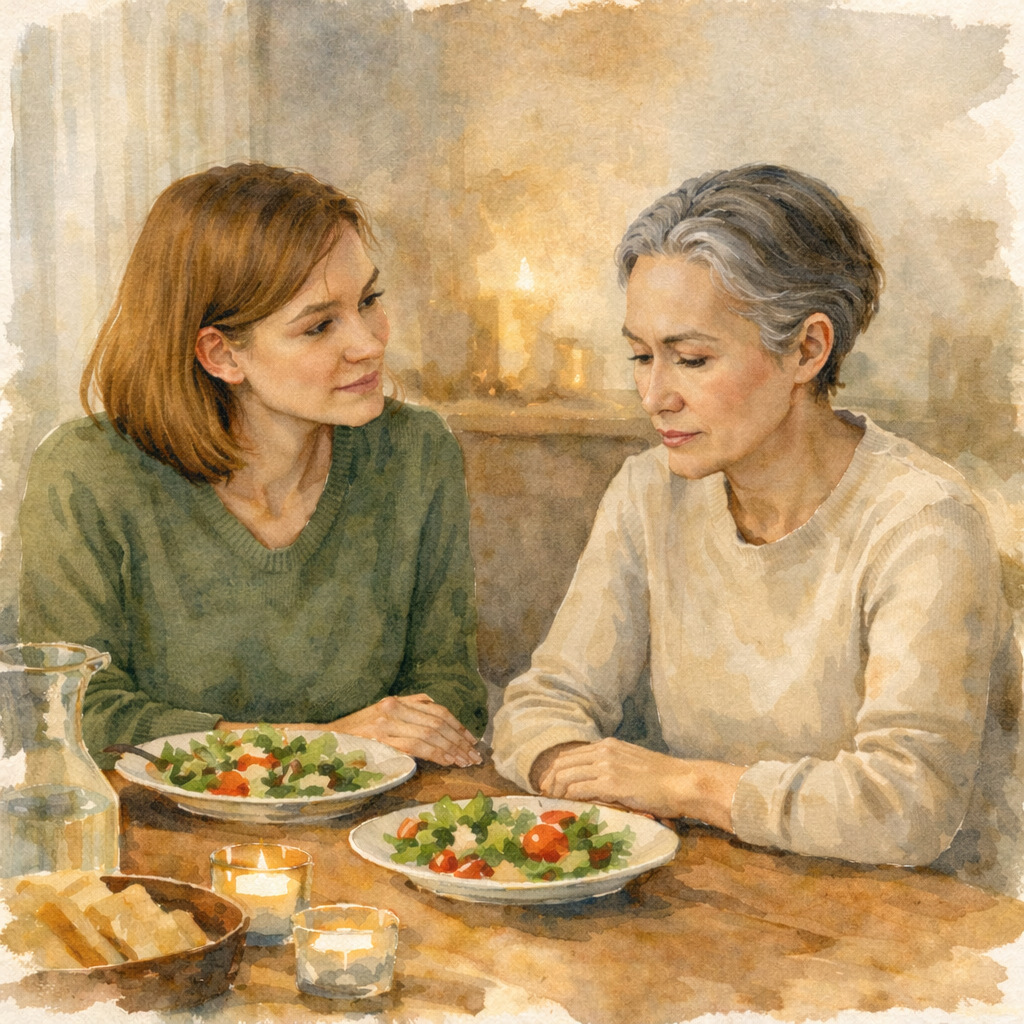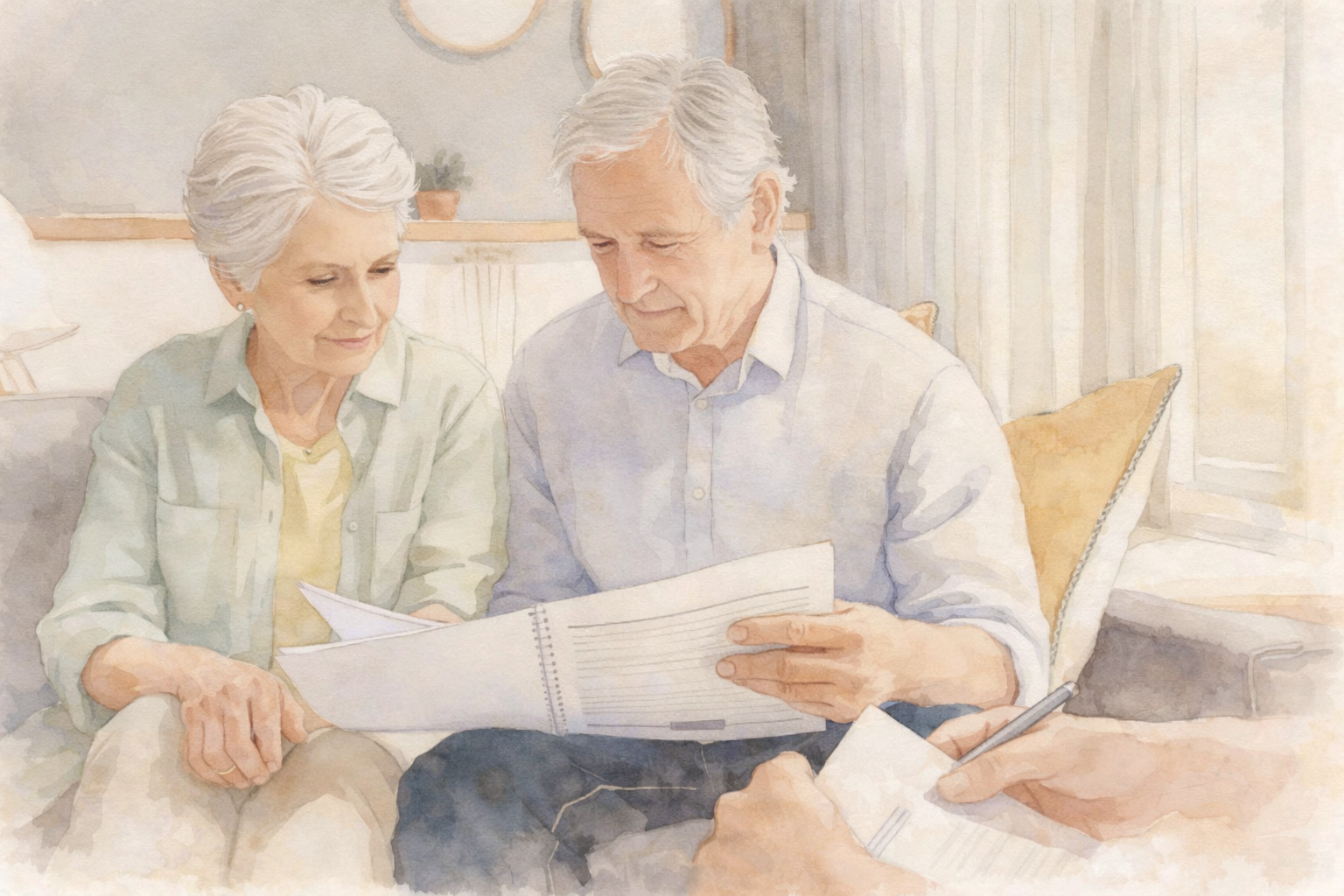For decades, the Five Stages of Grief made popular by Elisabeth Kübler-Ross shaped how people thought about loss. Denial, anger, bargaining, depression, and acceptance became shorthand for what grief looks like. Today, this model is facing criticism. Researchers argue that grief is not linear, not everyone experiences all stages, and trying to fit loss into a sequence can feel limiting.
Whether you believe the stages are outdated or still find comfort in them, one truth is clear: people grieve in different ways. That is why the framework of Grief Personas offers something fresh.
Why the Stages Are Under Debate
Critics point out that:
- Grief rarely follows a neat sequence. People move back and forth or skip stages entirely.
- The model was originally designed to describe people facing terminal illness, not bereavement.
- Cultural differences mean not everyone grieves in the same way.
Still, many find value in the stages because they provide a recognizable map of feelings. They remind us that emotional chaos is part of the process and that grief changes over time.
How Grief Personas Help Regardless of Your View
Grief Personas do not replace the stages. Instead, they describe styles of grieving:
- The Open Heart processes loss by sharing feelings and seeking connection.
- The Steady Hand focuses on tasks, responsibilities, and order.
- The Seeker searches for meaning and reflection in the loss.
- The Quiet Anchor turns inward, grieving privately in silence.
These personas make space for differences. If you never felt “anger” or if you cannot name your grief as “denial,” you may still recognize yourself as a Steady Hand or a Quiet Anchor. The personas offer a lens for self-awareness and a guide for family members to better support one another.
If You Do Like the Stages of Grief
You can think about the personas as companions to the stages. For example:
- An Open Heart might move through anger and depression out loud, needing others to witness.
- A Steady Hand may appear stuck in denial while staying busy, but really they are expressing grief through action.
- A Seeker could experience bargaining as a spiritual or philosophical exercise, asking why this happened and what it means.
- A Quiet Anchor may look like they have skipped stages, when in fact they are moving through them privately and internally.
Personas allow us to see that the stages, if they appear, can be lived very differently by different people.
| Stage of Grief | The Steady Hand | The Quiet Anchor | The Seeker | The Open Heart |
| Denial | Turns to logistics, keeps busy with tasks, avoids emotions by planning. | Retreats into silence, downplays the loss, insists “I’m fine.” | Looks for meaning, reads or asks spiritual questions, sometimes intellectualizes to distance feelings. | Struggles to accept reality, emotions spill over quickly, may appear overwhelmed. |
| Anger | Frustrated when plans break down, may blame systems or others for “letting this happen.” | Bottles anger, but may show irritation in small ways, such as impatience. | Directs anger at “why” questions: faith, fate, or unfairness of life. | Anger comes out openly, sometimes in tears or outbursts, directed at self or loved ones. |
| Bargaining | Negotiates by trying to control outcomes: “If I just do everything right, maybe things will get better.” | Internal bargaining, private thoughts about what could have been done differently. | Explores bargains with higher powers or destiny, seeks rituals or practices to regain control. | Pleads openly “What if I had done more?” expresses guilt through conversations. |
| Depression | Withdraws from tasks, feels powerless when control slips away, may obsess over details. | Pulls deeper into themselves, avoids emotional display, numbness is common. | Questions life’s meaning, feels restless, struggles with disconnection from purpose. | Deep sadness is visible, cries often, feels heavy and unable to mask the pain. |
| Acceptance | Finds peace through structure, creates new routines or memorials to honor the loss. | Quietly adapts, doesn’t talk much, but slowly resumes daily life. | Accepts by reframing the loss in a larger story or belief system. | Accepts by expressing emotions fully, then channeling them into connection and support. |
Practical Ideas for each Grief Persona and Grief Stage
| Stage of Grief | The Steady Hand | The Quiet Anchor | The Seeker | The Open Heart |
| Denial | Ritual: Write a checklist of what’s real and what’s uncertain. Mantra: “It’s okay to pause. Not everything must be fixed.” Prompt: What part of today feels hardest to accept? | Ritual: Set aside 5 quiet minutes each day, no distractions. Mantra: “I don’t need to be strong all the time.” Prompt: If I let someone see my struggle, what would I want them to know? | Ritual: Journal questions like “What does this loss mean for my life?” Mantra: “I can sit with questions that have no answers.” Prompt: Where am I searching for meaning right now? | Ritual: Place a hand on your chest and breathe slowly when emotions rise. Mantra: “My feelings are valid.” Prompt: Who could I call today just to cry or share my heart? |
| Anger | Ritual: Write frustrations in a letter you never send. Mantra: “I release control over what I cannot change.” Prompt: What systems or people am I holding responsible, and why? | Ritual: Move your body; walk, stretch, punch a pillow in private. Mantra: “My anger is real, and it can move through me safely.” Prompt: Where is my irritation showing up most? | Ritual: Light a candle and speak your anger aloud to the universe. Mantra: “It’s okay to question and to rage.” Prompt: What “why” question won’t leave me alone right now? | Ritual: Channel anger into art, music, or journaling with raw honesty. Mantra: “I am allowed to feel this fully.” Prompt: Who do I feel angry at, and what would I say if I could? |
| Bargaining | Ritual: Make a timeline of “what if” thoughts, then note one thing you did well each day. Mantra: “I did the best I could with what I knew.” Prompt: What guilt am I carrying that doesn’t belong to me? | Ritual: Write a private list of “if only” thoughts, then fold and set aside. Mantra: “I can’t rewrite the past, but I can honor the present.” Prompt: What regrets still circle in my mind? | Ritual: Create a small altar with objects, prayers, or offerings. Mantra: “My love doesn’t disappear with loss.” Prompt: What would I ask a higher power if they sat beside me? | Ritual: Speak your bargains aloud with a trusted friend. Mantra: “My guilt does not define my love.” Prompt: What do I wish I could have done differently, and what truth can I accept instead? |
| Depression | Ritual: Break tasks into one small step, then rest. Mantra: “I don’t have to do everything today.” Prompt: What tiny action could ease my burden? | Ritual: Schedule one check-in with a trusted person each week. Mantra: “Even silence is part of grieving.” Prompt: Who knows how to sit with me in quiet? | Ritual: Write about life’s purpose, even if answers feel far away. Mantra: “It’s okay not to see the bigger picture yet.” Prompt: Where do I feel most disconnected from meaning? | Ritual: Allow daily “grief time”—cry, write, scream if needed. Mantra: “Tears are healing.” Prompt: What sadness feels heaviest on my chest right now? |
| Acceptance | Ritual: Design a new routine or memorial ritual (a garden, annual tradition, or photo space). Mantra: “Order can honor love.” Prompt: What ritual feels right to carry forward? | Ritual: Choose one daily grounding habit (tea, walk, prayer). Mantra: “I am allowed to live while remembering.” Prompt: What quiet habit helps me feel steady? | Ritual: Write a letter reframing the loss in your life story. Mantra: “This loss is part of my journey, not the end of it.” Prompt: How has this changed my sense of purpose? | Ritual: Gather with others to share memories or feelings openly. Mantra: “Love lives on in connection.” Prompt: Who do I want to invite into my healing circle? |
Closing Thought
The debate over the Five Stages of Grief will continue. Some people find them comforting, others find them misleading. Grief Personas provide a complementary way to understand what is happening when loss enters our lives. They remind us that grief is not a single path but a collection of human responses, all of them valid.



